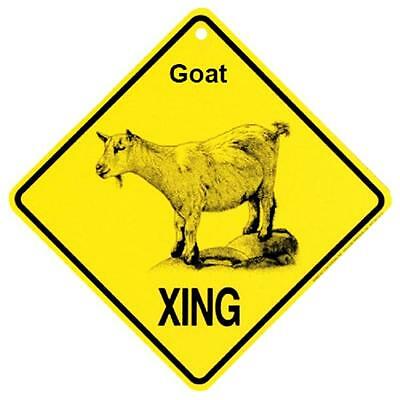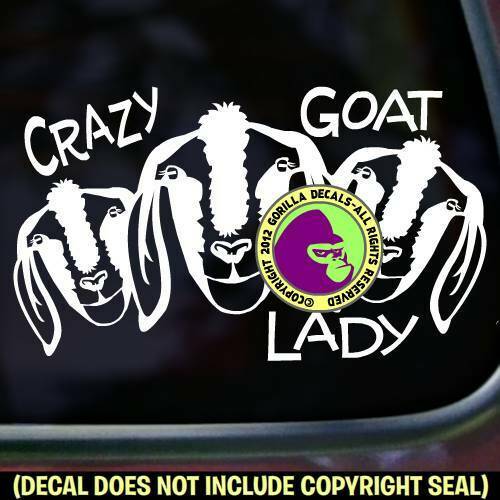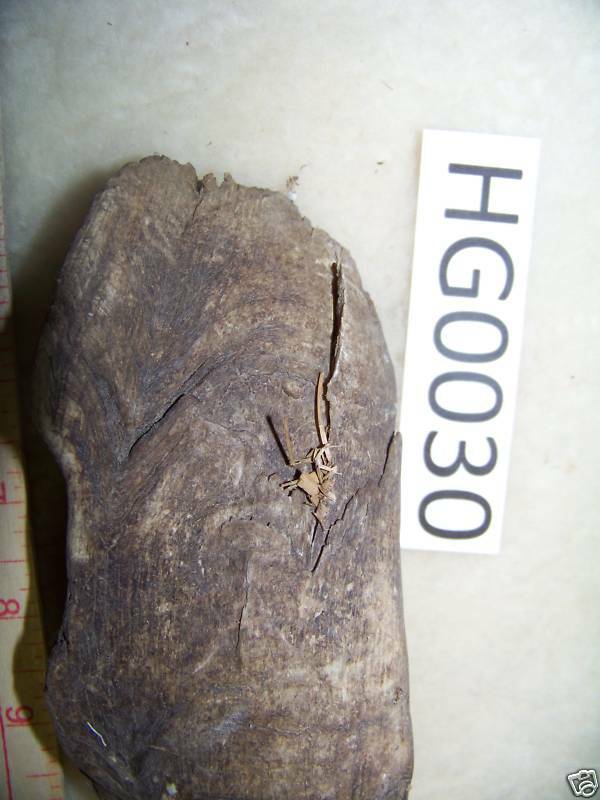-40%
1833: CASHMERE goats; ; Mt. Etna ascent; Colombia natural bridge; Rochester UK
$ 5.78
- Description
- Size Guide
Description
THE PENNY MAGAZINESept. 21, 1833
cashmere
Natural Bridge
Rochester, England
Mount Etna
This is a paper which is over 185 years old.
It is printed in a small format, measuring 7” by 11” in size, and is 8 pages long. The issue came from a bound volume and has minor typical disbinding marks at its spine, but is otherwise excellent, bright and attractive condition.
The front page article is on
THE CACHEMIRE GOAT
, and features a great 4.5x6-inch wood engraving of two
“Cachemire Goats.”
The rest of the cover has a related text, which says in part:
“The wool of this goat appears, by a scrupulous comparison, to be quite as delicate as the finest brought from Thibet. . . the frizzled hair becomes gradually finer, as the cold increases in dryness. It is this frizzled hair of the Cachemire goat which renders these animals so valuable; for to this we owe those delicate shawls which are so deservedly esteemed for a variety of qualities found in no other article of clothing. . . The male goat . . . is admired for his symmetry, his graceful motion, and his quiet temper.”
Etc.
The issue’s largest illustration is a dramatic 6x8-inch view of
NATURAL BRIDGES OF ICONONZO
, accompanied by a half page of text on these impressive South American natural arches located in the Cordilleras region of Colombia. They are shown spanning a chasm hundreds of feet above the valley floor.
Finally, there is the second half of a two-part article on
Ascent of Mount Aetna
, with the writer describing his view of the crater, and his impressions of the surrounding area.
The issue ends with about 100 lines of text on the
CITY OF ROCHESTER
in England, with a 4x6-inch wood engraved view on the back page, of the city of Rochester, as viewed across from across the river, with various ships and boats in the foreground.
******************
Background on this publication:
The
Penny Magazine
was a weekly 8-page paper put out by London’s “Society for the Diffusion of Useful Knowledge.” Throughout the 1830s, an American edition was very popular in the United States, only to dwindle into extinction during the following decade. The paper did not cover the current news of the day, and carried no advertising. Instead, the
Penny Magazine
provided excellent essays on a wide array of subjects, such as architecture, science, geography and natural history. The paper was compact in size, and every issue was illustrated with several fine woodcut engravings.
94 [gsp10206]
_gsrx_vers_856 (GS 7.0.20 (856))













